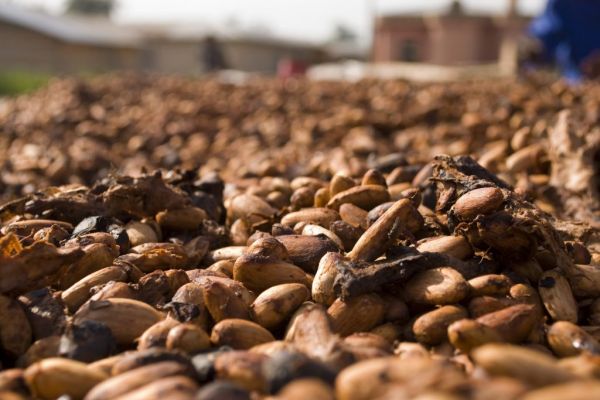Chicago soybeans jumped on Monday, to their highest in almost six months, rising 1.9% after Washington and Beijing agreed a 90-day truce that will permit talks to end a festering trade war that has roiled commodities markets.
The White House reported on Saturday that President Donald Trump told Chinese President Xi Jinping during talks in Argentina that he would not boost tariffs on $200 billion of Chinese goods to 25% on 1 January, as previously announced.
Beijing, for its part, agreed to buy an unspecified but 'very substantial' amount of agricultural, energy, industrial and other products, the White House reported in a statement.
'Long Way To Go'
"The initial agreement did include a specific promise for China to buy significant amounts of US agricultural products, which, if realised, will be very supportive for prices," said Ole Houe, director of advisory services at brokerage IKON Commodities in Sydney.
"However, there is a long way to go to for both the US and China before any real progress is made on the agreement, and I think that all we have done for now is added more volatility to the market," added Houe.
The Chicago Board of Trade's most active soybean contract was up 1.9%, to $9.11-1/2 a bushel, by 06.37 GMT, after hitting its highest since mid-June, at $9.24 a bushel. Wheat gained 1.5%, to $5.23-1/4 a bushel, and corn advanced by 1.2%, to $3.82-1/4 a bushel.
While corn hit its highest since early August, wheat touched its highest since late September. Meanwhile, China's soymeal futures lost 1.4%, to 3,014 yuan.
Trade Truce
While markets welcomed the US-China trade truce news, some observers were cautious about how much had been achieved.
"A range of views on the trade talks have, and will, emerge over the next day or so," said Tobin Gorey, director of agricultural strategy, Commonwealth Bank of Australia. "A lot of that opinion is likely to assess the progress as being modest."
The trade war between the two countries has drastically curbed US soybean exports to China – by far, the world's biggest bean importer.
After imposing retaliatory tariffs on US soybean imports, China has been taking mainly Brazilian beans, threatening to leave a bumper US harvest piled up in storage or rotting in fields, but gains in US soybeans and other feed grains are likely to be limited amid slowing demand in China.
China's imports of soybeans are set to drop, as an outbreak of African swine fever hits its huge pig herd and saps demand for the animal feed ingredient, making it easier for buyers to keep shunning US cargoes amid the Sino-US trade war.
The Commodity Futures Trading Commission's weekly 'commitments of traders' report also showed that non-commercial traders – a category that includes hedge funds – trimmed their net short position in soybeans in the week to 27 November.
News by Reuters, edited by ESM. Click subscribe to sign up to ESM: European Supermarket Magazine.














